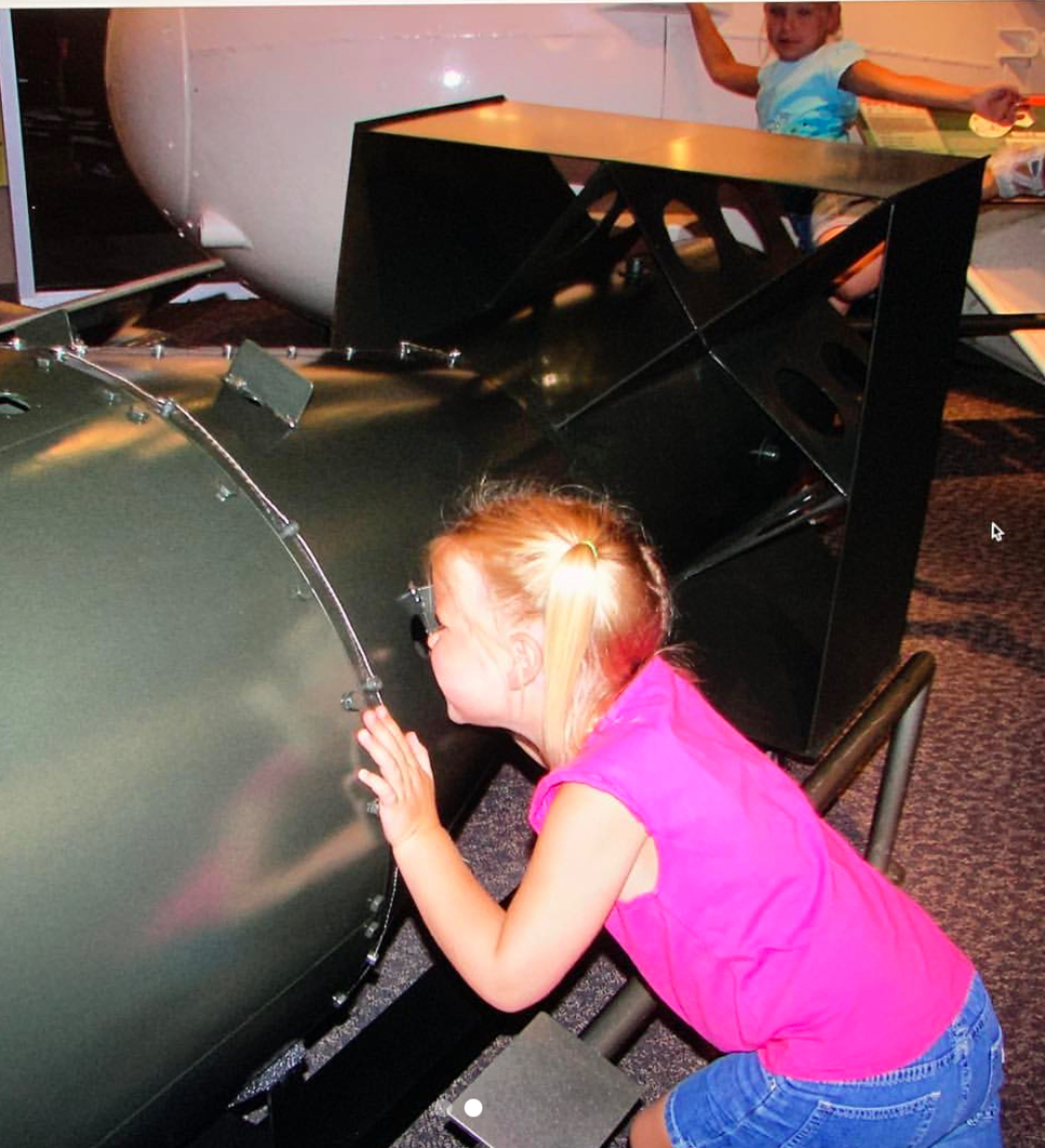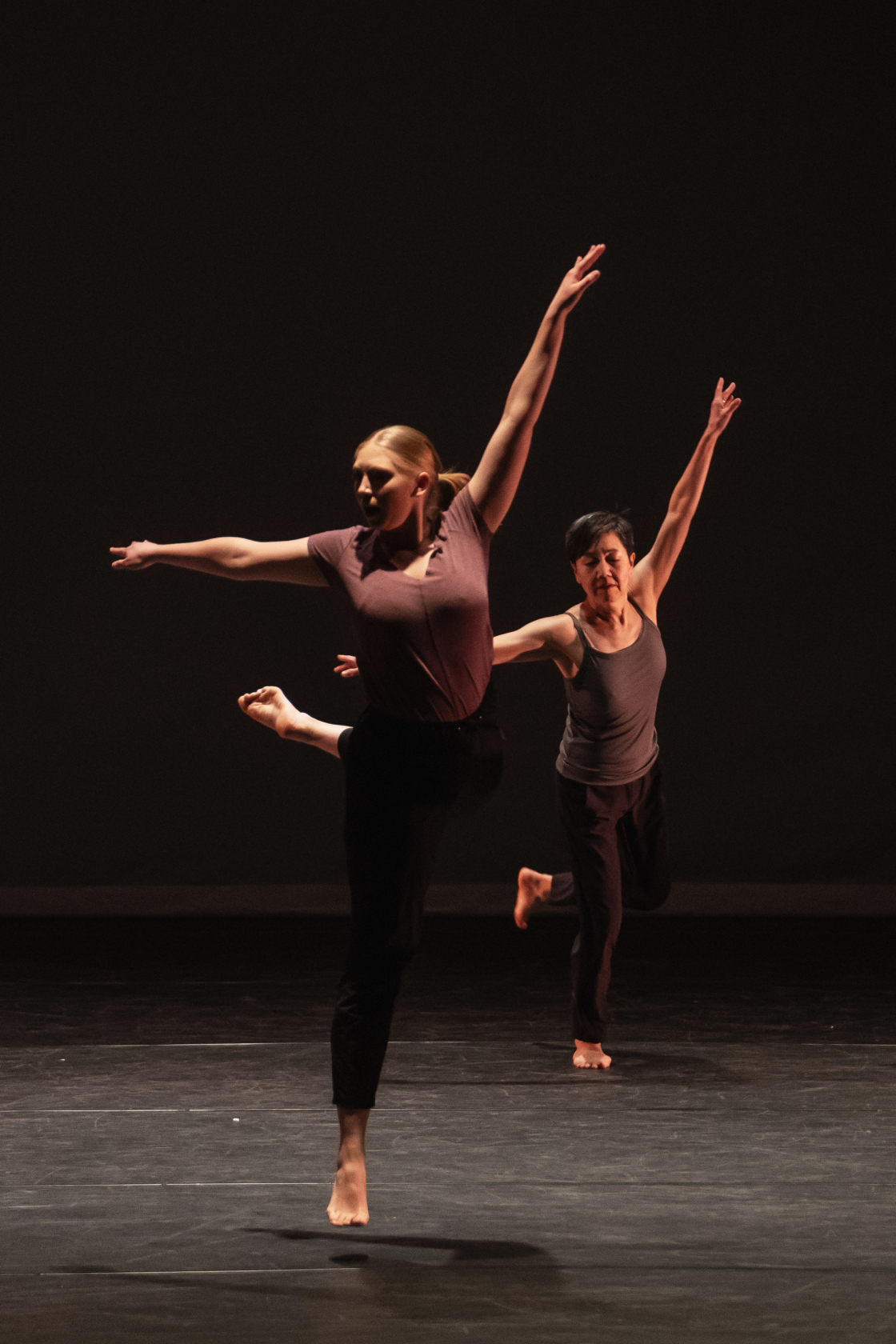For Terry, self-expression, in the form of dance, and science have always been complimentary. Dancing since she could walk, Terry danced with a collegiate dance company while working on her double major in Chemistry and French Language and Culture at Purdue University. “I feel better when I'm dancing. It’s nice to have a break outside of work. I also think dance teaches you a lot, especially when you do it from a young age with ballet,” Terry said. “You learn a lot of discipline, you learn creativity.”
Terry maintained her dancing career after choosing the University of Colorado Boulder for graduate school, a recommendation made by her undergraduate advisor, Jon Hood. "My undergrad PI came through Boulder and recommended the university. Additionally, a postdoctoral researcher that I worked with had seen Mathias speak at conferences and thought that he was a kind human being, would be a good person to work with, and had interesting research.” Terry explains.
At JILA, Terry’s research focuses on the behavior and interactions of specific molecular hosts with ionic guests, such as octamethyl calix[4]pyrrole (omC4P) complexed with chloride. Using cryogenic ion vibrational spectroscopy, Terry extracts a unique fingerprint from each molecule she and her lab-mates investigate. These fingerprints reveal the structure of and interactions between the host-guest complex it identifies.
“We cool molecules down so that nothing else distracts us: You don't have solvents, you don't have rotational states, you don't have higher excited states. Then we can start studying it in the most basic sense.” Terry explains.
“My work specifically targets ion receptors—looking at how an anion interacts with a larger molecular receptor. And all of that we learn from these IR fingerprints. I think the most exciting part is knowing that we're the first people to see these signatures since we’re studying a new molecule. It’s amazing to watch the infrared spectrum roll in and know that this is the first time ever that anyone has seen this.”
Despite being trained as a chemist in an institute comprised largely of physicists, Terry has found JILA to be a place where community transcends disciplines.
“I've really enjoyed my time in JILA. I think that it has a great community,” Terry says. “Even though I am technically a chemist—and I’ve been called by my friends (jokingly) ‘almost a physicist’—I’ve never felt left out.”
Instead, Terry’s taken every opportunity to learn from the community of JILAns around her, attending events and colloquia focusing on different research areas. “Even though I don’t work with phonons, I go to the Phonon Club meetings. I just think it’s interesting to learn about different fields,” she adds. “It’s all these events that provide channels for meeting people that make us human. It gives us something to talk about in the hallway other than our work. So, people like Ari, our safety person, or James from the electronics shop have come up to me and asked me about dance,” Terry said. "JILA does really make sure we know that we’re humans too, outside of being scientists.”
Terry is passionate about building communities, especially for her fellow chemistry students. Having encountered institutional inertia and wanting to pursue change, Terry joined the Chemistry Graduate Student Committee. After realizing that this structure didn’t give her the community she hoped for, she took matters into her own hands, forming a graduate student group for women and gender minorities within the chemistry department.
“I wanted a safe space for people in my community to come together,” she says. “So, I started looking into registered student organizations and if you start a club through the university, you get funding for events. So, I formed an RSO. But it’s not just me—I had the support of a group of amazing women. We have a lot of first- and second-year grad students in the group. That makes me excited for the future. I think it will continue once I’m gone.”
Though Terry’s path to JILA and beyond seems clear, it hasn’t always been smooth. For all the positive examples of leadership she has benefitted from along the way, Terry has also persisted through difficult experiences. Her ultimate goal is to become a professor and help shape the experiences of future students in chemistry.
“I have seen the changes that we can make as graduate students,” Terry explains. “I think that being a professor, I can make more changes and help support students who do belong in graduate school, though they may struggle a bit more than others.”
Written by Willa Arthur-Dworschack, University of Colorado Boulder Graduate Student and SCO mentee.






